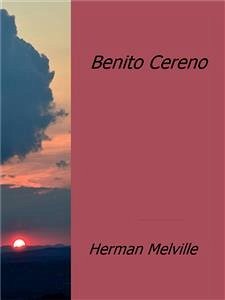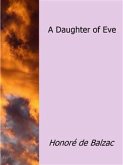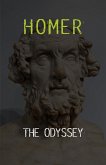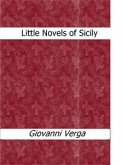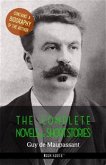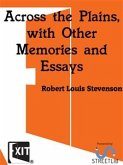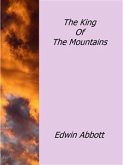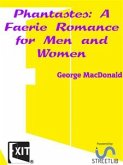Benito Cereno is a novella by Herman Melville. It was first serialized in Putnam's Monthly in 1855 and later included a slightly revised version in his collection The Piazza Tales (1856). With its intense mix of mystery, adventure, and a surprise ending, Benito Cereno at first seems merely a provocative example from the genre Herman Melville created with his early best-selling novels of the sea. Based on a real life incident—the character names remain unchanged—Benito Cereno tells what happens when an American merchant ship comes upon a mysterious Spanish ship where the nearly all-black crew and their white captain are starving and yet hostile to offers of help…

